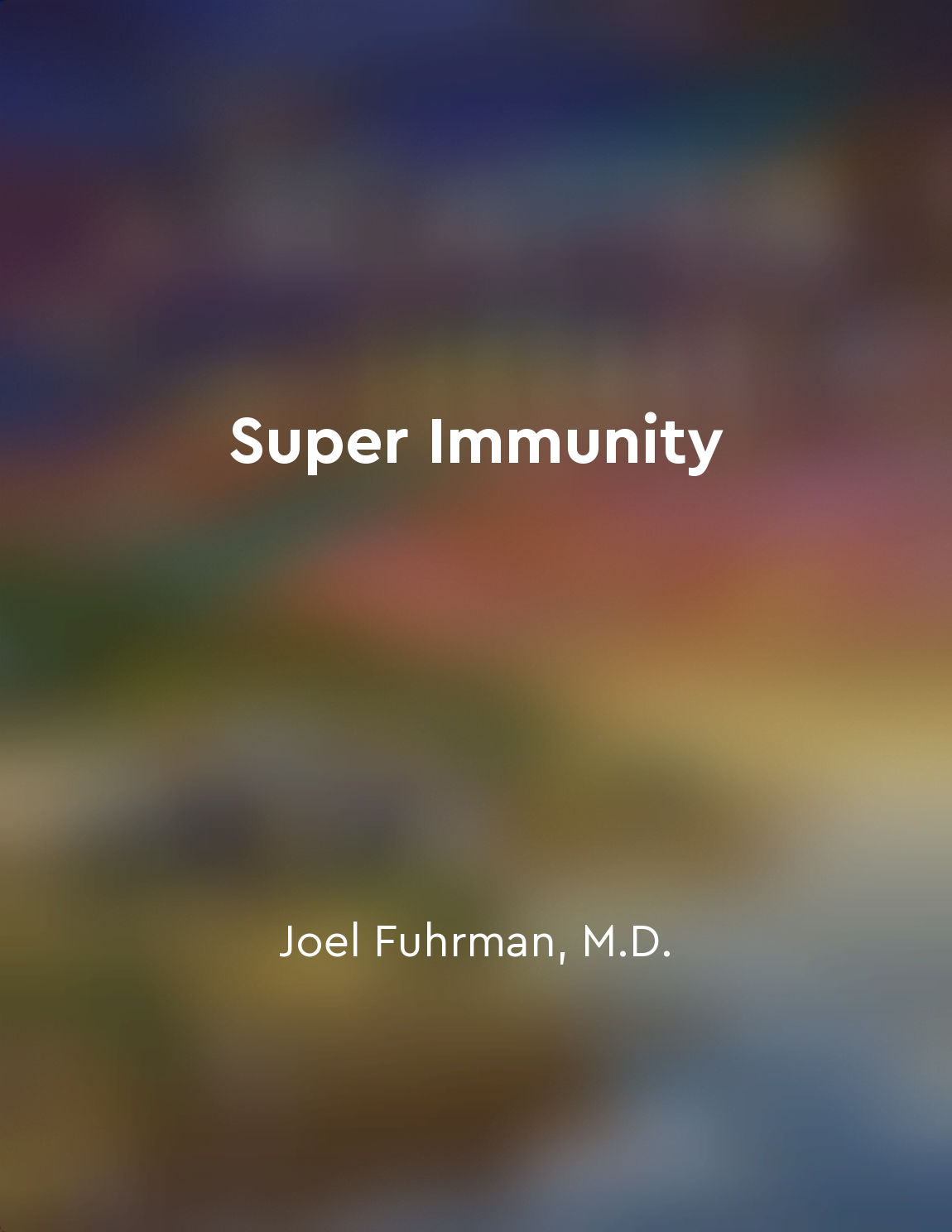Antibiotics can harm the microbes in our bodies from "summary" of The Hidden Half of Nature: The Microbial Roots of Life and Health by David R. Montgomery,Anne Biklé
When we take antibiotics to combat a bacterial infection, the medication not only targets the harmful bacteria causing the illness but also affects the beneficial microbes that reside in our bodies. These beneficial microbes play crucial roles in maintaining our overall health, from aiding in digestion to supporting our immune system. Therefore, when antibiotics disrupt the balance of microbes in our bodies, it can have unintended consequences. The widespread use of antibiotics in modern medicine has led to concerns about the long-term impact on our microbiome. Studies have shown that repeated or prolonged antibiotic use can result in significant alterations to the composition of our microbial communities. This disruption can lead to a decrease in microbial diversity and potentially create opportunities for harmful pathogens to proliferate. Furthermore, the effects of antibiotics on our microbiome can extend beyond the duration of the medication. Research has suggested that even a single course of antibiotics can have lasting effects on the microbial populations in our bodies. This can have implications for our health, as disruptions to the microbiome have been linked to various conditions, including allergies, obesity, and autoimmune diseases.- It is crucial to weigh the benefits against the risks of disrupting the delicate balance of microbes in our bodies. By understanding the interconnected nature of our microbiome and overall health, we can make more informed choices about our healthcare and strive to maintain a healthy microbial community within us.


